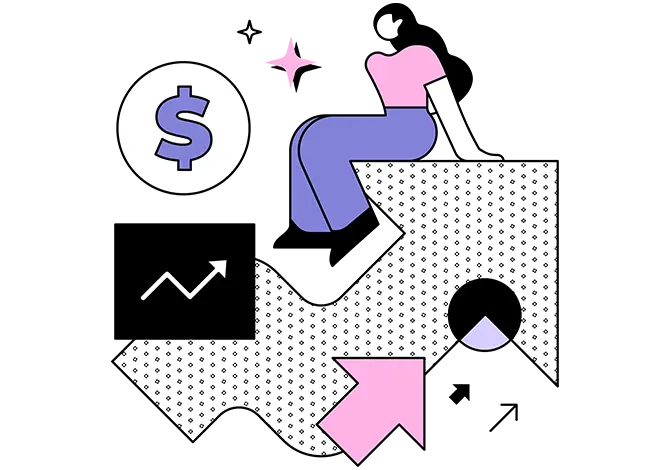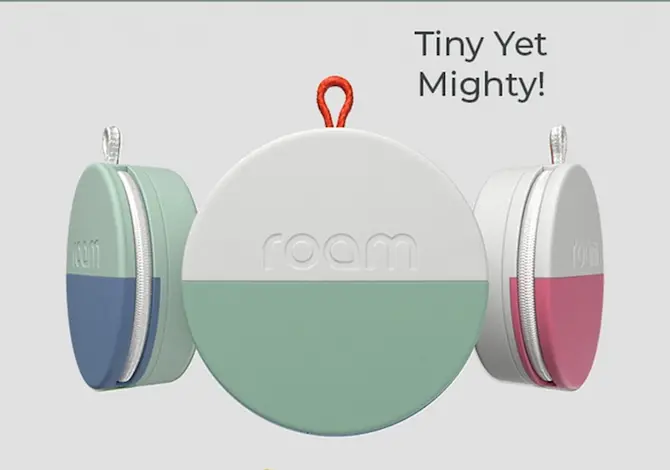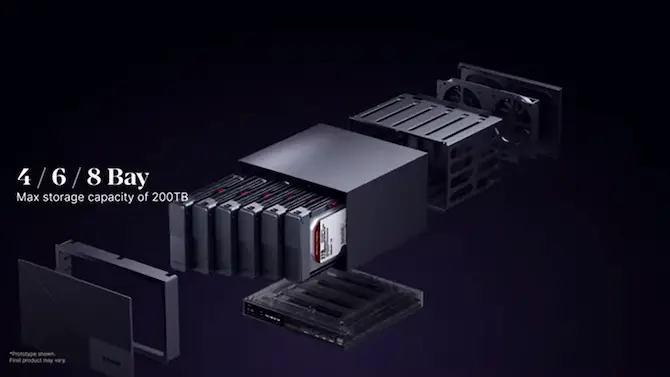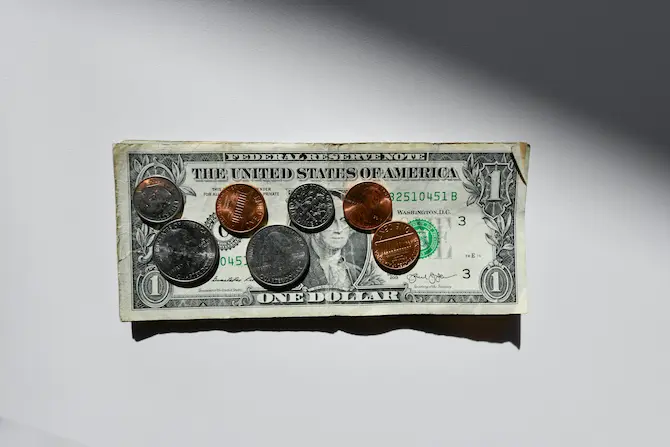How to Tell if a Kickstarter Project is a Scam
Kickstarter is a platform where anyone an eye-catching project with compelling rewards can be made by anyone. And we do mean anyone.
So how do you know if a project is legit?
In today’s article, we’re going over some telltale signs of a scam and whether or not a project is worth your trust.
Trust is Hard to Get
It’s important to note that, with a platform like Indiegogo or Kickstarter, there is built-in risk with every project. When you shop at a conventional retailer, your trust is earned through the retail system and the brand’s image. But with Kickstarter, you’re not shopping at a big brand store. You’re choosing to support an innovator’s new project.
Most Kickstarter projects will include a section detailing the associated risks. And there will always be some risk involved with any Kickstarter project, no matter the name behind. That’s why you should pay attention to what the creator says in the Risks section and base your decision to back them accordingly. A responsible creator will detail all the different risks involved in their creator, making them more worth your trust as there will be less unexpected complications.
Look at Past Projects
On Kickstarter, when a creator uploads a project, they have to verify their real name with the Kickstarter team. So you’ll want to check the history of the project creator to vet whether or not they can be trusted.
The obvious conclusion you may draw from this is that a creator with past successful projects is more trustworthy. But in reality, this actually swings both ways. A lot of grifters out there can create successful campaigns with compelling images and an enticing concept, but the actual product reward’s quality is not guaranteed from images and copywriting alone. And a lot of users can back a project without checking the previous project history, making numerous successful projects alone not necessarily an indicator of trust.
When checking past projects, the comments section is vital. Are people complaining about not receiving rewards? Are there negative reviews? Are there multiple similar projects in the creator’s history? All of these are signs that the creator is just looking to make a quick buck and that you’re best taking your money elsewhere.
Google and LinkedIn
If a brand is trying to launch globally with a new product, chances are that brand is also going to launch marketing efforts on multiple platforms. Think about it: who in their right mind would make a Kickstarter campaign but NOT make a LinkedIn or Facebook page for their company? Or, if you’re a solo creator, wouldn’t you promote your campaign on your personal social media accounts for free PR?
Google the name of the company hosting the project and the name of the product being launched. If you’re not getting any hits, something’s fishy. Also, most credible projects will have names and pictures of the staff working on the campaign. Google their names and see what they’re doing on LinkedIn. Also, do a reverse google image search of the people in the staff picture—you may find that the staff images are stock photos: a telltale sign of a scam!
In Conclusion
With crowdfunding, there’s always some risk. But having a careful eye and the knowledge to identify scams will get you far on Kickstarter. Check out the creator’s history and their social media presence to vet them accordingly.
Looking for a list of curated, legit products to back on Kickstarter? The Funding Insider Newsletter is a great way to stay in the loop on the greatest projects trending in the world of crowdfunding.










